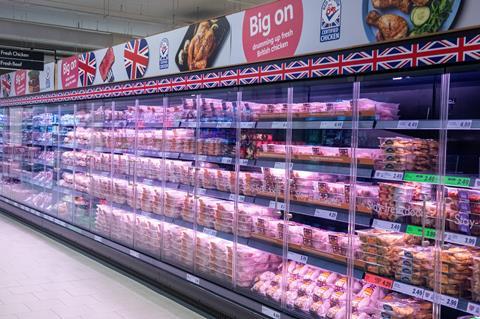
Lidl GB has become the latest major UK retailer to cut the maximum bird density in its own label fresh chicken supply chain, with the transition starting this summer.
The move, which the discounter said represented a “significant enhancement to animal welfare standards”, will see Lidl reduce its maximum stocking density to 30kg/sq m.
This would give its birds 20% more space than the current industry standard, helping to “positively impact the living conditions of the birds”, it added.
The transition is due to be completed by early 2025. Reducing the maximum stocking density gave birds more space to roam and “enables them to engage in natural behaviours like stretching their wings, dust bathing and exploring, bolstering both physical and psychological wellbeing, leading to more fulfilling lives”, Lidl said.
The discounter will be supporting its suppliers with the transition “through increased investment, setting them up for success”, it added.
“Through long-term contracts, Lidl suppliers will also be provided with the security and confidence to continue investing in their future for the long term, ensuring Lidl customers continue to get the best of British at the best prices.”
Lidl’s switch follows similar moves by Co-op (which completed its switch last month), plus Morrisons and Sainsbury’s.
However, the four retailers have all resisted calls to sign up to the Better Chicken Commitment, which also mandates improvements such as the ditching of so-called ‘Frankenchickens’ and the adoption of slower-growing chicken breeds, plus environmental improvements for birds and more humane slaughtering techniques.
The fact only two UK supermarkets (M&S and Waitrose), had so far adopted the BCC was described as a key driver in the slowing down of progress on welfare improvements in the European poultry sector, according to Compassion in World Farming’s second Chicken Track report, published last week.
Why hasn’t the Better Chicken Commitment found its wings?
But on its announcement this week, Lidl stressed animal welfare “is a priority for us, and we are dedicated to ensuring all animals within our supply chain lead good lives”.
“This initiative is a testament to our strong supplier relationships and underscores our continued commitment to championing British food and farming,” said Richard Bourns, chief commercial officer at Lidl GB.
“We’re devoted to working with our partners throughout the supply chain to influence positive change,” he added.
“Through ongoing engagement and longer-term agreements, we’re able to provide them with the confidence needed to make the necessary investments that will help move the dial on animal welfare. This approach ensures our customers can count on us to deliver improved animal welfare standards, as we continue to offer them quality produce at market-leading prices.”
Lidl also stressed its free-range RSPCA Assured chicken, which it sold more of than any other retailer in the market [Kantar 12 w/e 8 February], exceeded the requirements of the BCC.
This further exemplified its “dedication to ethical sourcing and providing customers with quality products”, it argued.
Lidl’s move was described as “significant” by campaign group Open Cages, which has been pushing the retailer to adopt the BCC across Europe for several years.
However, it was “important that Lidl does not end their ambitions for chickens here”, urged Open Cages CEO and co-founder Connor Jackson.
“I am reaching out to Lidl today to suggest a time where we can discuss how they can stop selling chickens that are bred to grow so fast that they often become sick and cannot walk in a normal fashion,” he added.
“Nearly 600,000 people have signed petitions asking Lidl to sign the full BCC across Europe. We need to see much more progress from Lidl for its chicken in all markets where it operates.”







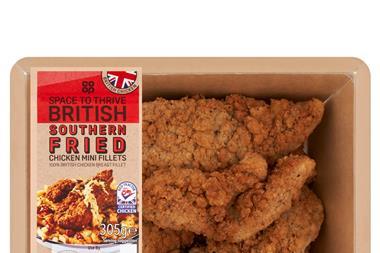
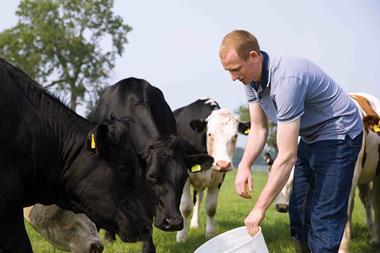
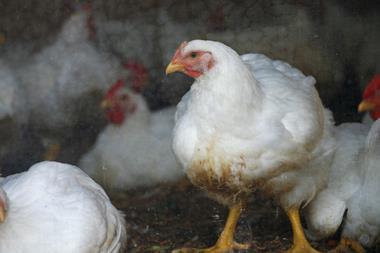
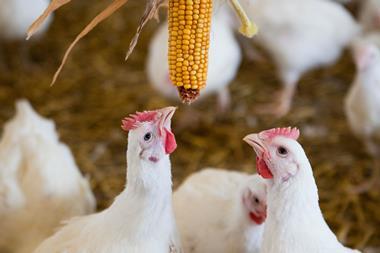
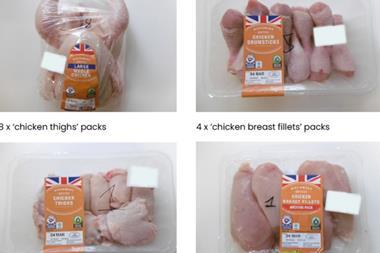
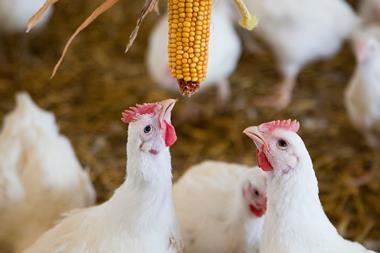
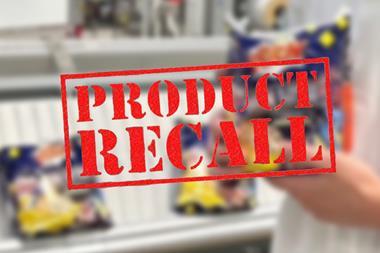


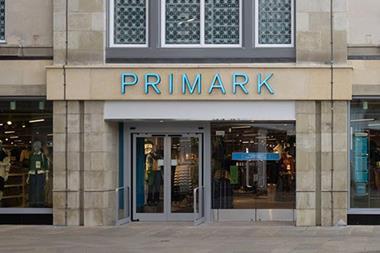
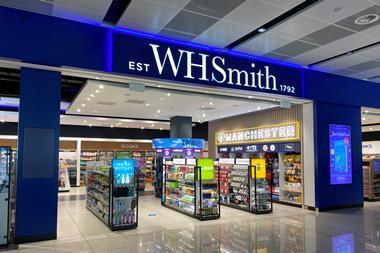
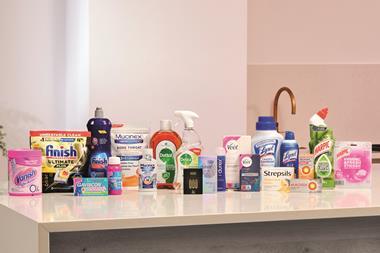
No comments yet